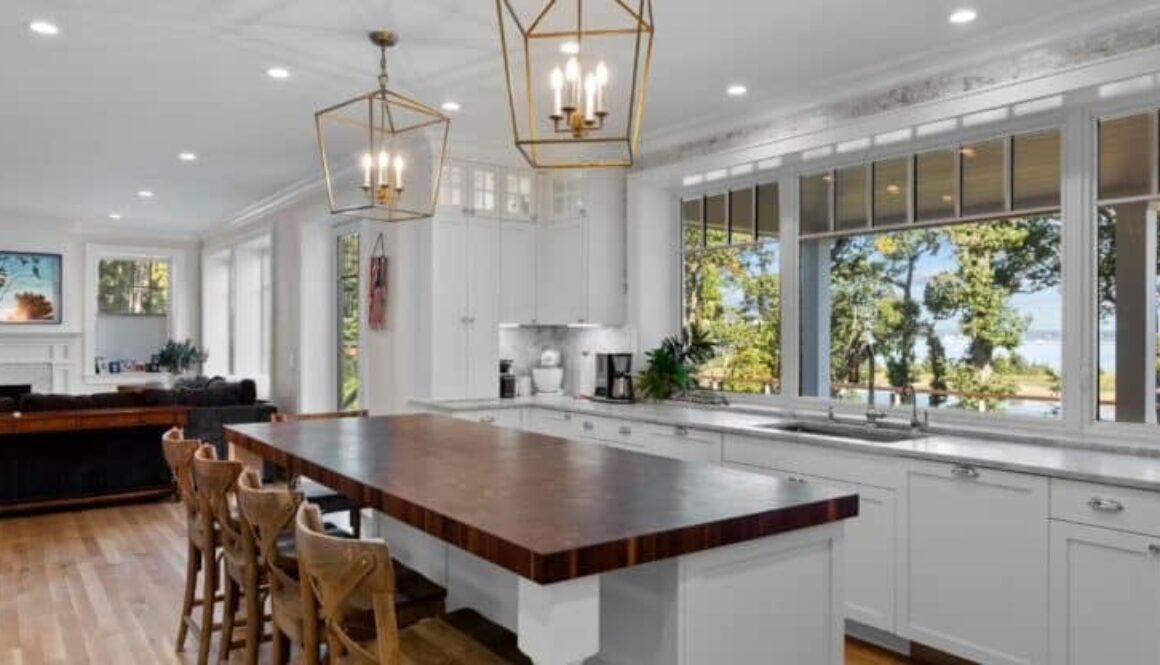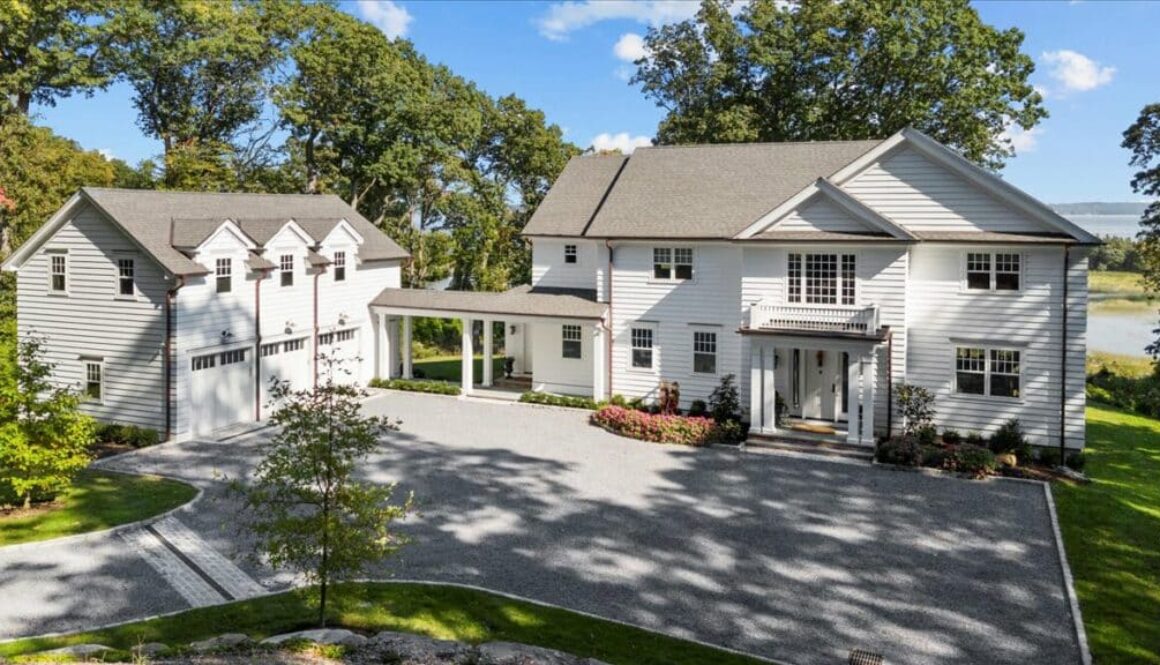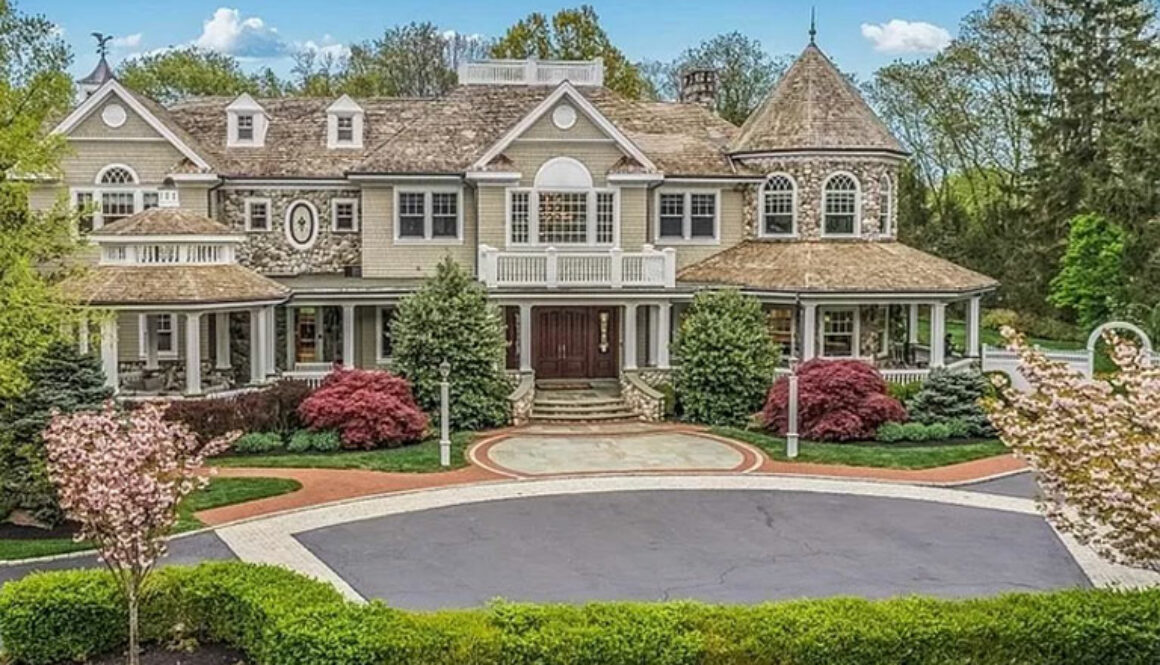Avoid These 5 Pricing Mistakes When Selling Your Home
Selling your home can be an emotional and complex process. One of the most critical aspects of a successful sale is setting the right price. Pricing mistakes can lead to prolonged time on the market, lower offers, or even failure to sell. In this guide, we’ll explore five common pricing mistakes to avoid when selling your home, ensuring you get the best possible outcome for your property.
1. Setting an Unrealistic Price
One of the biggest mistakes sellers make is overpricing their home. While it’s natural to believe your home is worth more, it’s crucial to set a realistic price based on comparable homes in your area. According to a survey by HomeLight.com, 70% of real estate agents said that overpricing is the top mistake that sellers make[1].
To avoid this mistake:
- Conduct a comparative market analysis (CMA) with the help of a real estate agent
- Consider recent sales of similar homes in your neighborhood
- Be objective and remove emotional attachment when pricing your home
2. Pricing Based on Your Financial Needs
It’s tempting to price your home based on how much you need for your next purchase or to pay off debts. However, this approach rarely works in your favor. The market determines your home’s value, not your financial situation[2].
Instead:
- Focus on the actual value of your home based on market conditions
- Consult with a real estate professional to understand your home’s true market value
- Consider alternative financial solutions if your home’s value doesn’t meet your needs
3. Ignoring Market Conditions
Real estate markets are dynamic and can change quickly. Failing to adjust your price based on current market conditions can lead to a stagnant listing. Whether it’s a buyer’s market or a seller’s market, your pricing strategy should reflect the current state of affairs[3].
To stay on top of market conditions:
- Regularly review local real estate trends
- Be prepared to adjust your price if the market shifts
- Work with a real estate agent who has their finger on the pulse of the local market
4. Overvaluing Upgrades and Renovations
While home improvements can increase your home’s value, it’s a mistake to expect a dollar-for-dollar return on investment. Some renovations add more value than others, and it’s important to price your home based on its overall condition and market comparables, not just the money you’ve invested in upgrades[2].
Keep in mind:
- Focus on highlighting improvements that add the most value, such as kitchen and bathroom updates
- Understand that routine maintenance is expected and doesn’t necessarily increase your home’s value
- Consult with your real estate agent before making major improvements intended to increase your home’s value
5. Refusing to Adjust the Price
If your home has been on the market for an extended period without attracting offers, it may be time to reconsider your pricing strategy. Stubbornly sticking to your initial price despite market feedback can cost you valuable time and potentially lead to a lower final sale price[4].
To avoid this mistake:
- Be open to feedback from showings and your real estate agent
- Consider a price adjustment if you’ve had multiple showings without offers
- Understand that the longer a home sits on the market, the more likely buyers are to question its value
Conclusion
Pricing your home correctly from the start is crucial for a successful and timely sale. By avoiding these common pricing mistakes, you’ll be well-positioned to attract serious buyers and maximize your home’s value. Remember, pricing is both an art and a science, and working with an experienced real estate professional can make all the difference in navigating this complex process.
Ready to price your home competitively and avoid these common mistakes? Contact Greg Berkowitz and his team at bhhsli.com/contact for expert guidance and personalized pricing strategies tailored to your specific property and local market conditions.



